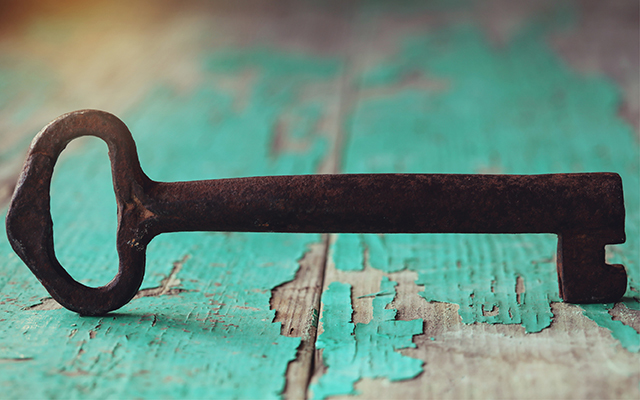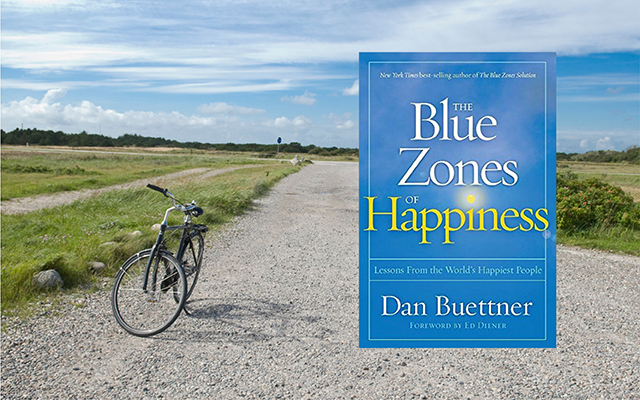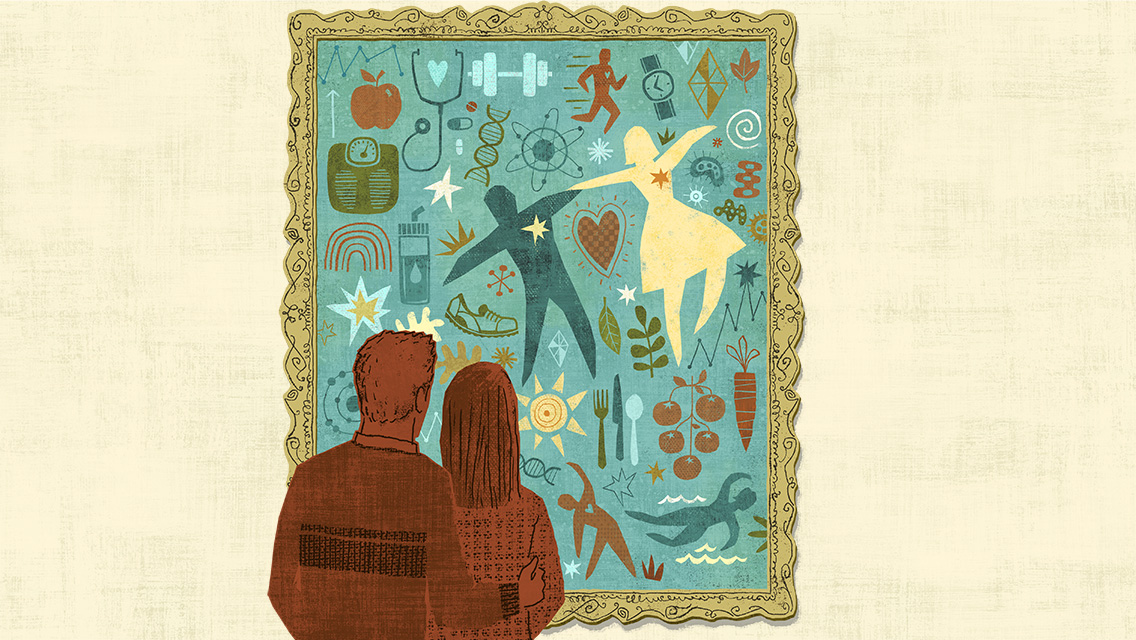Researchers at the University of California, Berkeley, last week released the results of a study that will certainly lift the spirits of our growing centenarian populace — or at least that portion of super-geezers who aren’t keen on exiting this mortal plane anytime soon. The study, published in the journal Science, suggests that the odds of kicking off actually plateau once you hit 105.
In other words, once you get really old, the chances that you’re going to get even older are pretty good.
“Our data tell us that there is no fixed limit to the human lifespan yet in sight,” lead author Kenneth Wachter, PhD, said in a statement. “Not only do we see mortality rates that stop getting worse with age, we see them getting slightly better over time.”
Wachter and his team followed nearly 4,000 centenarians in southern Italy for six years and found that those between the ages of 105 and 109 had a 50-50 chance of dying within the following year and an expected lifespan of 1.5 years — the same as a 110-year-old. The plateau, if one can call it that, suggests that when it comes to an ultimate lifespan, the sky’s the limit. “Improvements in mortality extend even to these extreme ages,” Wachter told the New York Times. “We’re not approaching any maximum lifespan for humans yet.”
The findings challenge a 2016 Albert Einstein College of Medicine study asserting that humans generally cannot live beyond 115 years. The longest-lived person on record is a Frenchwoman, Jeanne Calmet, who died in 1997 at the age of 122.
Death rates tend to peak among people in their 70s and 80s, so to see them flatten out in the early 100s came as a bit of a surprise to gerontologists who have been studying the issue in recent years. Interviewed in the Times, Siegfried Hekimi, PhD, a McGill University biologist, called the UC-Berkeley findings “very interesting and surprising” and noted that it could be due to very old people living at a very low cellular speed. They would still suffer some cell damage, but their bodies would be able to repair it before it became fatal.
This, of course, makes one wonder: How long do you really wantto live?
Ezekiel Emanuel, MD, raised some eyebrows a few years ago when he declared in an Atlantic essay that he had no interest in hanging around past the age of 75. The years beyond that, he argued, are likely to be dominated by the inexorable erosion of body and mind.
“At age 75 we reach that unique, albeit somewhat arbitrarily chosen, moment when we have lived a rich and complete life, and have hopefully imparted the right memories to our children,” he explained. “Living the American immortal’s dream dramatically increases the chances that we will not get our wish — that memories of vitality will be crowded out by the agonies of decline.”
Emanuel was 57 when he wrote that, a point in life when 75 seems ancient and 90 incomprehensible. But that perception changes as the years pile on. On the entrance ramp to my 68th year, I can tell you that 75 is coming into pretty good focus on the horizon. And it doesn’t look a lot different from what I’m experiencing today: working with words, hanging with grandchildren, biking to the coffee shop, weeding the garden, lounging on the patio with a cold one, etc., etc.
Will I even make it to 75? And if I do, will my knees be creakier? My heart shakier? My memory foggier? Who knows? What Emanuel and “immortalists” like Wachter both tend to overlook as they project into the future is that we’re given life only a moment at a time. And living fully in that blink of an eye is the closest thing to immortality I ever hope to achieve.




This Post Has 0 Comments